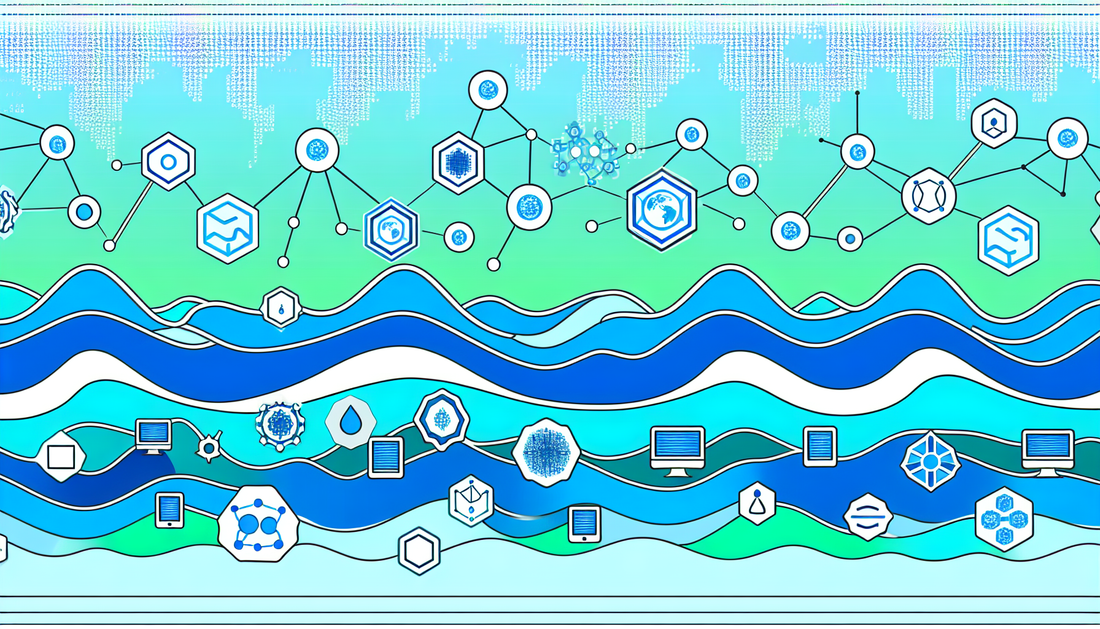
Decentralized Governance in Ocean Protocol Explained
Share
Governance in Ocean Protocol: A Path to Decentralization
Ocean Protocol represents a pioneering effort to create a decentralized data exchange protocol that unlocks data for artificial intelligence applications. One critical aspect of its ecosystem is its governance model, which aims to decentralize decision-making processes within the network.
Understanding Ocean DAO
Ocean Protocol’s decentralized autonomous organization, known as Ocean DAO, plays a central role in its governance framework. Ocean DAO is tasked with steering the network towards sustainable development and ensuring the protocol remains aligned with the community's interests. The DAO operates through a voting mechanism in which OCEAN token holders can propose and vote on various initiatives, reflecting the community-driven aspects of blockchain governance. This system allows every stakeholder to have a say in protocol enhancements and funding allocations.
Voting Mechanism
Governing decisions within the Ocean DAO are made using a voting mechanism that empowers OCEAN token holders. Proposals can be made on areas such as protocol upgrades, financial grants, community initiatives, and marketing strategies. Token holders weigh in by voting with their OCEAN tokens, influencing the direction of projects and funding allocations.
Challenges of Governance
Like many decentralized projects, Ocean Protocol faces challenges in its governance model. Key among these is ensuring fair representation among token holders and preventing an accumulation of influence by a small number of participants. The governance model must find a balance between efficiency and inclusivity, where all stakeholders can engage without allowing for centralization of power.
Community Engagement
The active involvement of the community is fundamental to the success of Ocean Protocol's governance. Encouraging wider participation and ensuring informed decision-making is a focus for the Ocean DAO, necessitating regular engagement through social channels and forums. One example of decentralized community-oriented governance in another blockchain project is the way [Ankr leverages community engagement](https://bestdapps.com/blogs/news/decoding-ankr-governance-in-decentralized-blockchain) to empower its decentralized infrastructure.
While Ocean Protocol aims to revolutionize the way data is exchanged and utilized, the governance challenges it faces are not unique. Other blockchain networks, such as THORChain, also navigate similar hurdles, as discussed in an analysis of [THORChain’s governance](https://bestdapps.com/blogs/news/rune-the-heart-of-thorchain-governance), which can provide insights into designing resilient and effective governance models.
Ocean Protocol's commitment to decentralized governance illustrates the importance of community-driven decision-making in the blockchain sector. For those interested in exploring blockchain governance or investing in related technologies, exchanges like Binance provide a gateway to explore assets such as OCEAN. [Click here](https://bit.ly/BestDappsBinance) to explore more opportunities on Binance.
